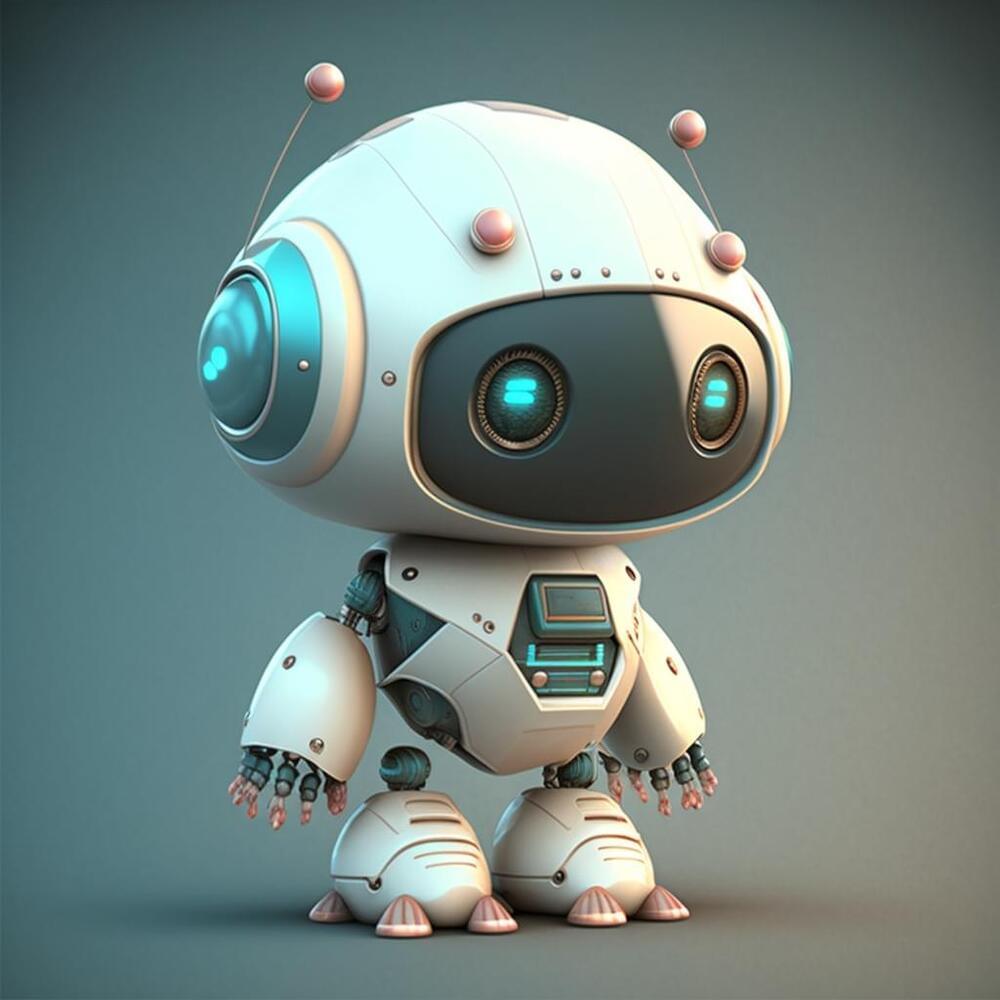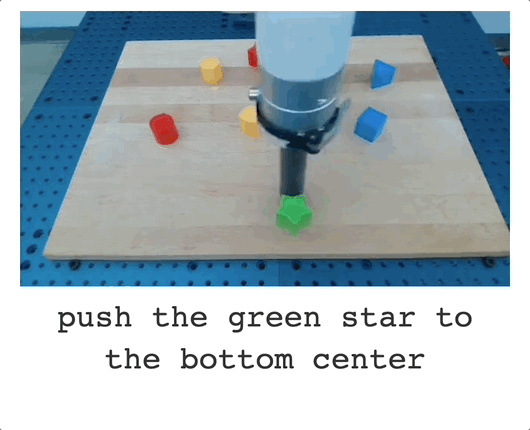What sets humans apart from other animals? It’s a burning question that some scientists say boils down to the fine control of one earthly force: fire…



Gigantopithecus was a massive gorilla-like creature that stood 10 feet tall and weighed upwards of 1,100 pounds making it the largest primate that ever lived. It thrived in the tropical forests of Southern China during the Pleistocene Epoch between 2.6 million to 11,700 years ago.
Fossilized teeth from Gigantopithecus were first discovered by a Dutch paleontologist named GHR Koenigswald. Referred to as “dragon’s teeth,” these specimens were sold in Chinese apothecaries for their purported medicinal benefits.
According to reports, the size of the teeth led some early scientists to suggest they belonged to human ancestors who may have been giants: “The teeth, though large, have a few similarities to human teeth, and this led some paleomorphologists to speculate that humans might have had “giant” ancestors. Later discoveries of complete mandibles demonstrated that they were from extinct apes.”


Go to https://buyraycon.com/isaacarthur for 15% off sitewide! Brought to you by Raycon.
As we continue to scan the heavens for signs of intelligent life, we must contemplate what it might mean if we are the first civilization to ever arise.
Visit our Website: http://www.isaacarthur.net.
Support us on Patreon: https://www.patreon.com/IsaacArthur.
Support us on Subscribestar: https://www.subscribestar.com/isaac-arthur.
Facebook Group: https://www.facebook.com/groups/1583992725237264/
Reddit: https://www.reddit.com/r/IsaacArthur/
Twitter: https://twitter.com/Isaac_A_Arthur on Twitter and RT our future content.
SFIA Discord Server: https://discord.gg/53GAShE
Listen or Download the audio of this episode from Soundcloud: Episode’s Audio-only version: https://soundcloud.com/isaac-arthur-148927746/humanity-first…vilization.
Episode’s Narration-only version: https://soundcloud.com/isaac-arthur-148927746/humanity-first…ation-only.
Credits:
Humanity: Firstborn Space Civilization.
Science & Futurism with Isaac Arthur.
Episode 372, December 8, 2022
Produced & Narrated by Isaac Arthur.
Produced, Written.
& Narrated by:
Isaac Arthur.
Cover Art by:

Here’s an interesting thought. What if you were told that everything in your life has already been planned out?
Even stranger, what if your past, present, and future are all happening right at this moment?
An astonishing new theory known as the “block universe” theory claims that time does not actually “flow like a river”, but rather, everything is ever-present.

Character is a full stack Artificial General Intelligence (AGI) company.
What if you could create your own AI, and it was always available to help you with anything?
Imagine everything it could do for you, from being your own personal teacher, assistant or even friend. Two months after launching in September, our beta generates 1 billion words per day. Get a glimpse of the future at character.ai.
Tune in at 9:00 a.m. PT / 12:00 p.m. ET on Wed. October 12 when Microsoft CEO Satya Nadella kicks off the comnpany’s Ignite conference.
Never miss a deal again! See CNET’s browser extension 👉 https://bit.ly/39Ub3bv.


A grand vision in robot learning, going back to the SHRDLU experiments in the late 1960s, is that of helpful robots that inhabit human spaces and follow a wide variety of natural language commands. Over the last few years, there have been significant advances in the application of machine learning (ML) for instruction following, both in simulation and in real world systems. Recent Palm-SayCan work has produced robots that leverage language models to plan long-horizon behaviors and reason about abstract goals. Code as Policies has shown that code-generating language models combined with pre-trained perception systems can produce language conditioned policies for zero shot robot manipulation. Despite this progress, an important missing property of current “language in, actions out” robot learning systems is real time interaction with humans.
Ideally, robots of the future would react in real time to any relevant task a user could describe in natural language. Particularly in open human environments, it may be important for end users to customize robot behavior as it is happening, offering quick corrections (“stop, move your arm up a bit”) or specifying constraints (“nudge that slowly to the right”). Furthermore, real-time language could make it easier for people and robots to collaborate on complex, long-horizon tasks, with people iteratively and interactively guiding robot manipulation with occasional language feedback.